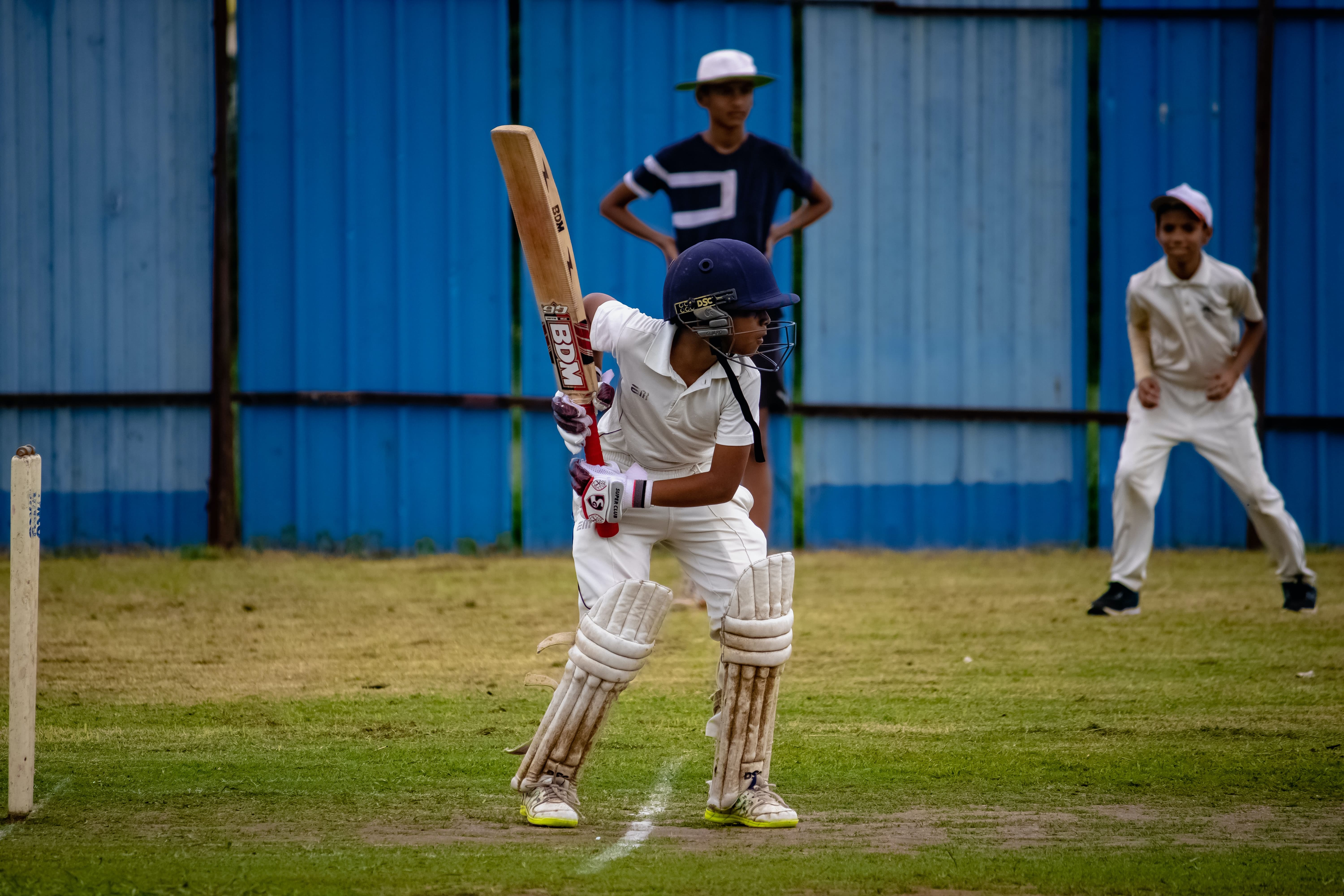The Social and Academic Benefits of Team Sports
Athletes form teams in a coordinated way for team-based sports to achieve a unified purpose. Each member contributes to their team to perform and succeed. The players work together as a team to achieve an objective that is shared. While it is true that team sports have many benefits, it is more than just keeping kids fit.
Therefore, numerous studies have revealed a significant connection between sports and the academic and social aspects of the lives of children. So, kids participating in team sports can be more adaptable adults.
The evidence and statistics show that students who participate in team sports have a head start over those who don't. In reality, non-athletes fall behind in their academics and social life.
In reality, sports involve movement that can significantly improve blood circulation. It also helps to stimulate endorphins in games.
The chemicals released by physical activity affect your brain's abilities, impacting your general performance. In the end, an athlete can handle challenging things much better than an unathlete.
BENEFITS OF PLAYING SPORTS AND EXERCISING
Additionally, team sports play crucial roles in the development of emotions in an athlete. They help boost your mood, thus enhancing and improving your memory and creativity. This enables you to solve issues that can benefit academics in the end.
The team athletes are part of an organization, and many are role models due to their accomplishments and achievements. Because of this, team sports can also create strong bonds between juniors and seniors. In the same way, coaches are effective, particularly for young athletes growing up.
Character traits are essential in establishing interpersonal relationships, particularly from a social perspective. It is not surprising that team sports serve as a critical source of information.
The best solution to this question is "What are the social advantages of team sports?
Sports players who have positive coaches when they're children are more likely to look for positive role models later in their lives. Soft skills are personal characteristics that help people build positive relationships with others.
What are the educational and social advantages that team sport provides?
The Social and Academic Benefits of Team Sports. Marks for teams are so much more than physical advantages. This is particularly true when group sports are included in the lives of young people. Research has shown that there is a direct link between physical activities in addition to academic success.
Communication Skills
While it's not as straightforward as meeting and discussing the details of a team project, the reality is that team sports require an enormous amount of communication, both spoken and non-spoken.
Communication skills are essential to keeping a group in good shape regardless of whether you're watching the team pep talks, interpreting non-verbal signals given by teammates, or sharing a thought after a game debrief.
Teamwork
This is a simple one. The concept of teamwork is collaborating with others to achieve an agreed-upon aim. The variety of people and situations will aid your athlete in becoming more flexible and persistent. They will also be more patient. Team sports also develop an understanding of group and individual accountability.
Time Management
A time commitment for athletes is comparable to the oath required by a full-time job. Consider all the various obligations an athlete has to manage: competitions, fitness and strength training teams, team meetings, physical therapy -- and that's just the ones that are related to sports!
The need for athletes to learn essential time management skills as they will not manage to stay pace with their academics and sports. A successful time management plan is a significant reason behind an article that was recently written in Fast Company that argues employers might want to look into hiring a former student-athlete.
Create self-E Steem
Create Self-Esteem as well as a Sense of Community. You will feel greater self-esteem due to better interpersonal interactions, stronger connections, and higher academic performance.
A decisive decision includes
The ability to make consistent and difficult decisions in high-pressure circumstances. This ability to work under pressure is a trait of someone more adept at meeting deadlines and working in stressful environments.














